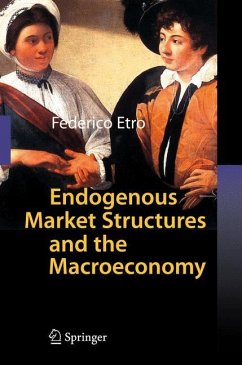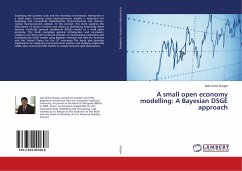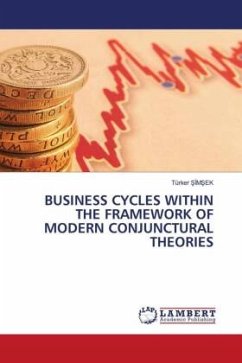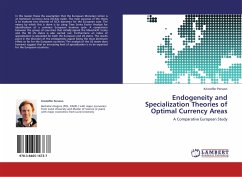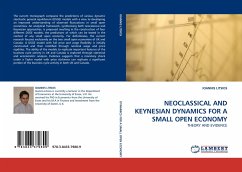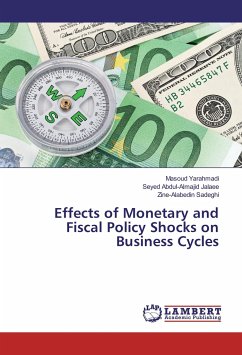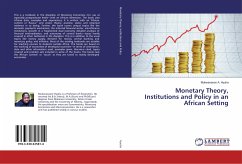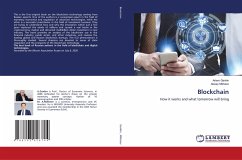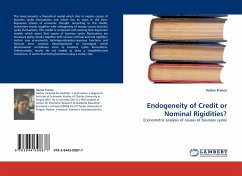
Endogeneity of Credit or Nominal Rigidities?
Econometric analysis of causes of business cycles
Versandkostenfrei!
Versandfertig in 6-10 Tagen
32,99 €
inkl. MwSt.

PAYBACK Punkte
16 °P sammeln!
This book presents a theoretical model which tries to explain causes of business cycles uctuations and which has its roots in the Post-Keynesian stream of economic thought. According to this model, investment shocks together with endogeneity of money causes business cycles uctuations. This model is compared with existing New Keynesian models which assert that causes of business cycles uctuations are monetary policy shocks together with various nominal and real rigidities. Author uses econometric techniques(impulse-response functions and forecast error variance decomposition) to investigate whi...
This book presents a theoretical model which tries to explain causes of business cycles uctuations and which has its roots in the Post-Keynesian stream of economic thought. According to this model, investment shocks together with endogeneity of money causes business cycles uctuations. This model is compared with existing New Keynesian models which assert that causes of business cycles uctuations are monetary policy shocks together with various nominal and real rigidities. Author uses econometric techniques(impulse-response functions and forecast error variance decomposition) to investigate which phenomenon contributes more to business cycles uctuations. Unfortunately, results do not enable to draw a straightforward conclusion. It seems that both phenomena play a certain role.



